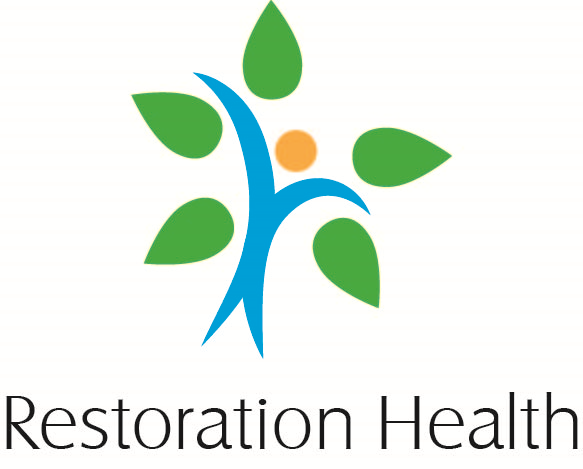Chewing 101
/Many of us have made a conscious decision to eat the healthiest, most nutritious, freshest foods. Why then, do we still continue to experience gastro-intestinal distress such as, burping, bloating, gas and even things like excess mucous, runny nose, weakened immune function, yeast overgrowth, low energy, cold sores, headaches, etc.??
In order for us to get the most benefit from our food we must first ingest it, digest it and then assimilate and absorb the nutrients. The very first step in this critical process is CHEWING. Digestion starts in the mouth. Chewing stimulates a cascade of events that are critical to proper digestion, absorption and elimination. The action of chewing triggers our body to start releasing important gastric secretions (HCL, pepsin, bile) that are going to help break down our food into molecules that can be easily assimilated and utilized by the body. It also triggers peristalsis which will help the body move the food through our digestive tract.
If we do not chew our food thoroughly we are setting the stage for a myriad of potential problems. For example, the stomach produces enough hydrochloric acid (HCL) to neutralize pretty much any food borne pathogen/bacteria that may be present. However, if you have NOT chewed your food properly the stomach will under produce HCL leaving you vulnerable to food poisoning and other food borne illnesses. In addition, the enzyme needed to digest protein, pepsin, is only activated in the presence of HCL. So, if your stomach is not producing sufficient HCL you cannot digest protein…..and this leads to microbial overgrowth and nutritional deficiencies.
The other problem if you don’t chew your food properly is that the digestive organs (pancreas, gall bladder, intestines) have to work EXTRA hard to break down big chunks of food that were swallowed prior to being masticated/chewed into smaller, more manageable sizes. When your body is spending all its time and resources on digestion it has to forgo other important functions such as immune response, hormone production, purification of the blood, regulation of blood glucose levels, bile production, etc. This can lead to a myriad of health problems. Additionally, large particles of undigested food that the body doesn’t recognize as a useable building block (ie: starch, amino acid, fatty acid) will be identified as an invader and the body will mount an immune response against that food particle which can lead to allergies, inflammation, leaky gut syndrome, food sensitivities, etc.
The other important piece of chewing is to support elimination. Transit time (from mouth to rectum) should be 18-24 hours. Proper chewing stimulates peristalsis of the digestive tract. Peristalsis is the pumping action that helps food move through the body. If food is left sitting in the body too long (ie: constipation) it leads to putrefaction and the production of toxins which stresses all body systems. Remember 80% of your immune function lives in your gut so, if it’s overrun with toxins it can not defend you and you may be plagued with a plethora of conditions/illnesses.
Chewing sounds so simple. But, unfortunately, in today’s world we often eat in a rush, standing up, at our desk, in our car or when we are stressed and distracted and this does not support good digestion.
What can you do? A few simple strategies can help your body digest, absorb, assimilate and eliminate the food you eat which, in turn, will support your overall health:
· Chew your food! A minimum of 25 chews/mouthful.
· Don’t talk while you are eating – focus on chewing.
· Eat mindfully – sit down, breath, eliminate distractions, don’t eat when you are stressed and/or in a hurry.
· Do not drink large amounts of fluid with your meals – this will dilute the digestive juices and inhibit good digestion. Small sips of room temperature water are acceptable.
· Consider taking a digestive enzyme with meals to help support good digestion.
· Chew your pureed soups, smoothies and any other food that does not require chewing before swallowing. Remember the action of chewing triggers digestion.
· Avoid processed food – even if it you chew it well, your body does not benefit from processed, ready made, boxed, packaged, refined, sugar laden nutrient devoid food. In fact, these foods can lead to an HCL deficiency. Stick to natural whole foods.
By following the above guidelines you may notice a change in your gastrointestinal state. You may notice less gas, less bloating, less belching, less constipation. But, you may also notice a change in other areas as well such as, your energy levels, your immune function, your hair and nails, your skin, etc., - this is because your body has more energy to devote to immune response and the assimilation of nutrients. It does a body good.

